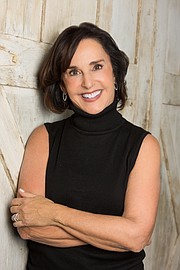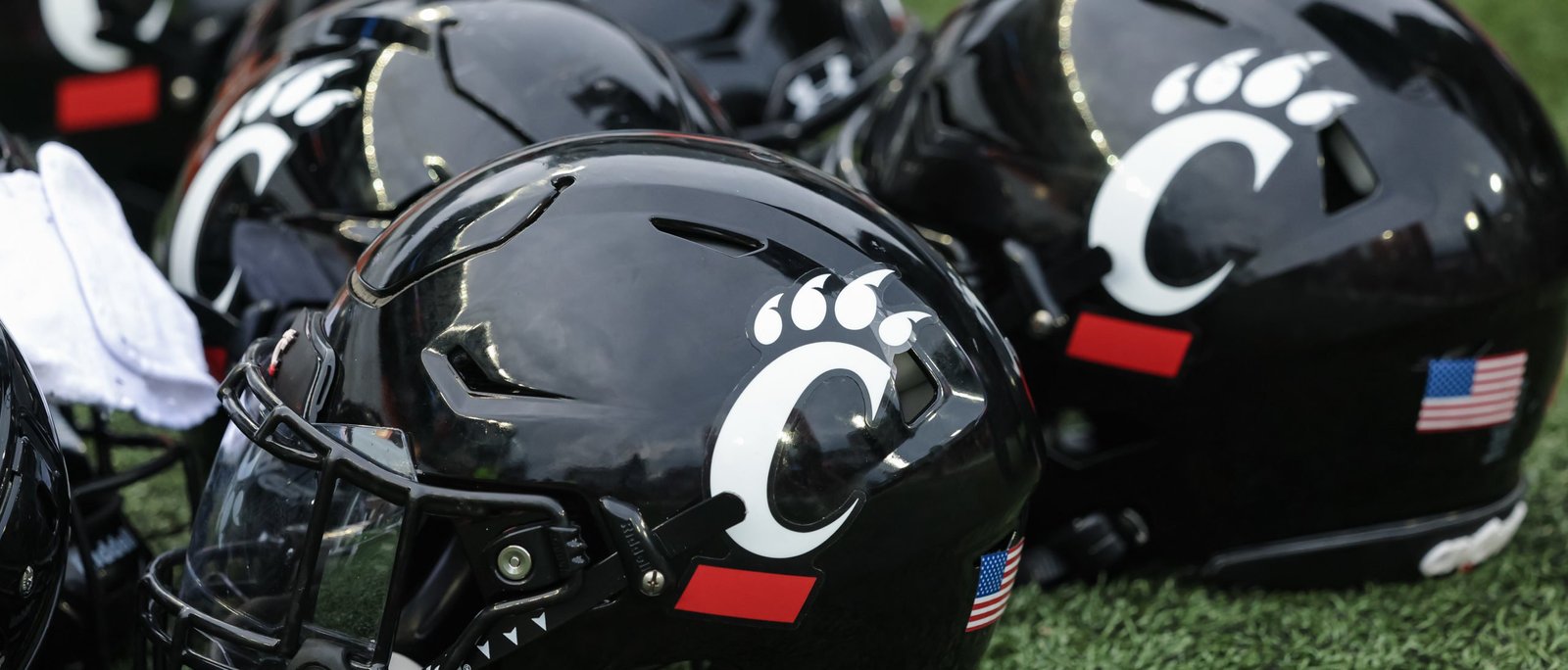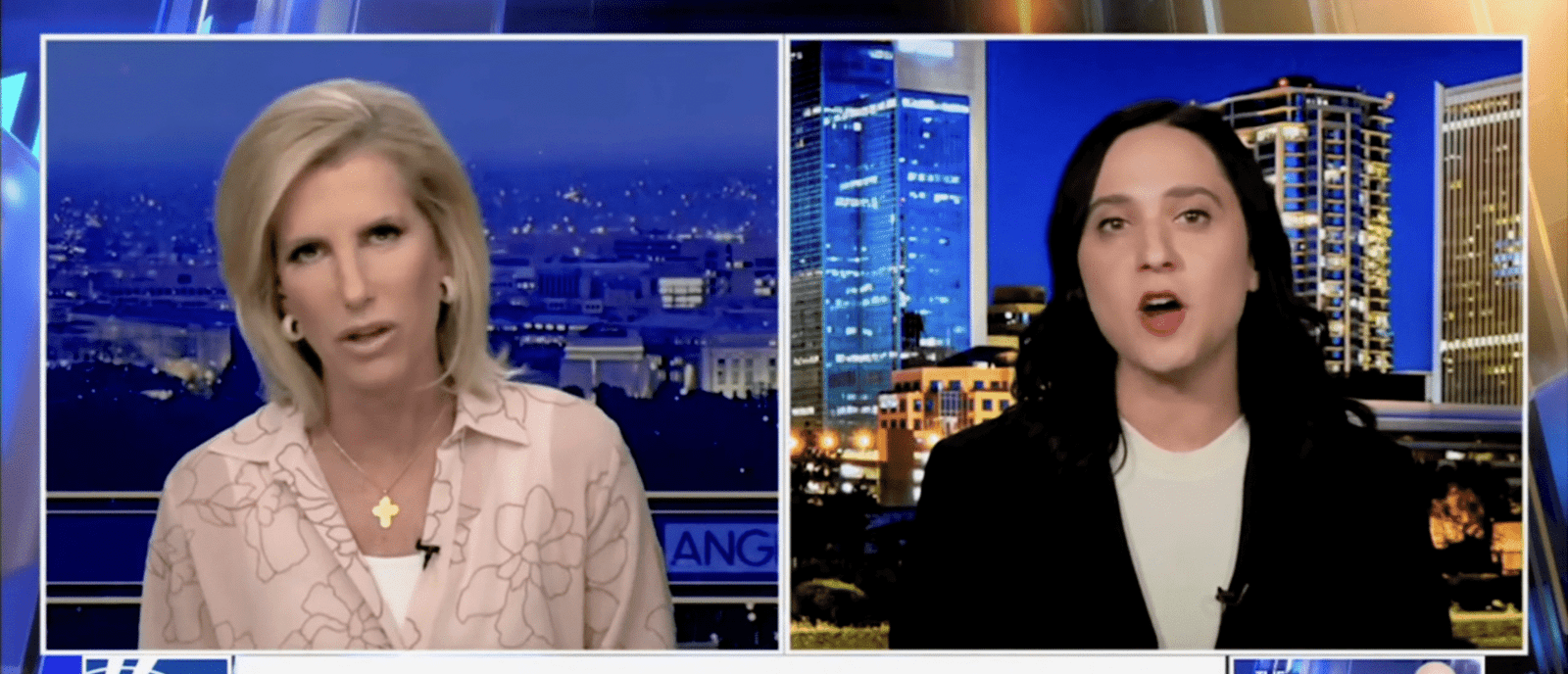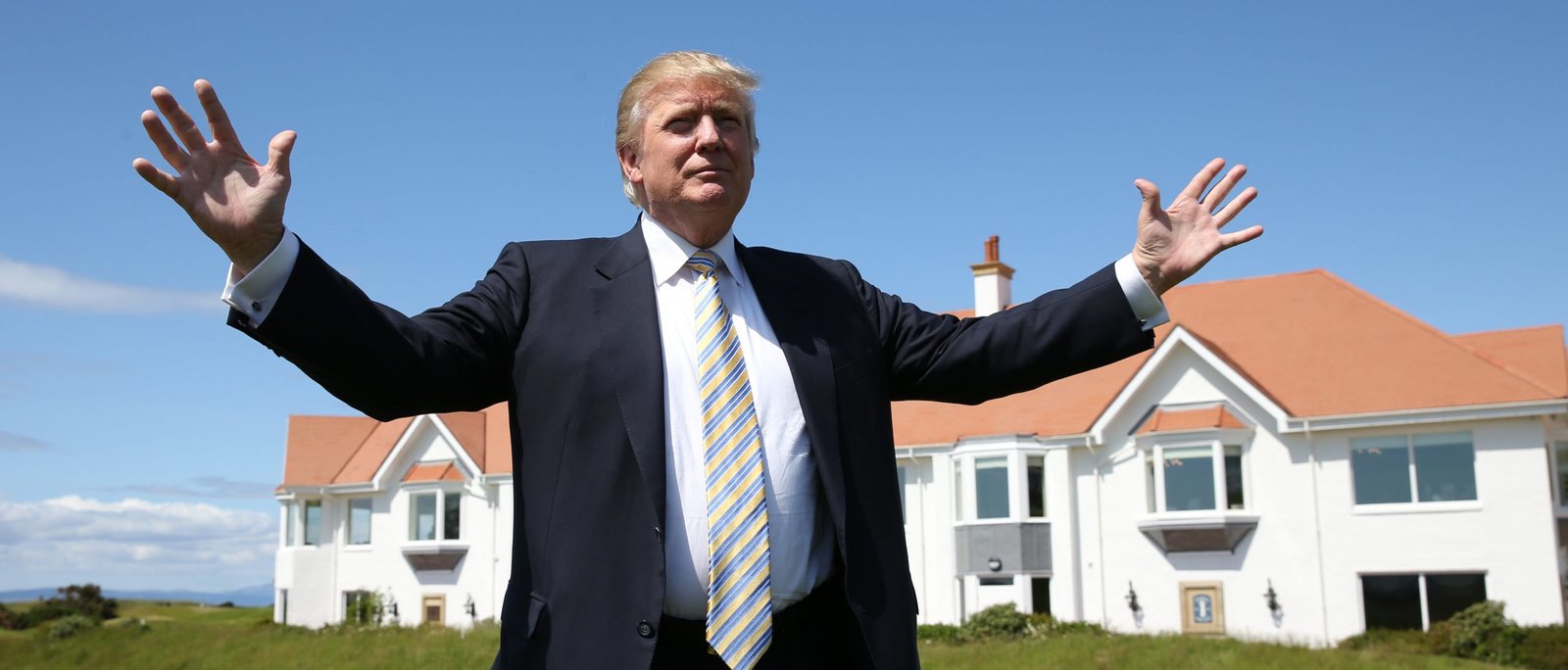Ralph Schiano (Courtesy/Sedona Symphony Orchestra)
The Sedona Symphony Orchestra (formerly Verde Valley Sinfonietta) will present its third concert of the 2023-2024 season under the direction of Artistic Director Gianna Himes. Guest artist Ralph Schiano will appear at the concert and perform Weber's “Clarinet Concerto No. 1 in F minor, Opus 2.” Sunday, February 4th, 2:30-73pm at the Sedona Performing Arts Center, 995 Upper Red Rock Loop Road. Debussy's “Small Suite” and Mozart's “Symphony No. 35 in D major, K. 385” conclude the program.
Ralph Schiano is currently principal clarinetist of the Detroit Symphony Orchestra, having previously held the same position with the Cincinnati Symphony Orchestra, Richmond Symphony Orchestra, and Des Moines Metro Opera. He has also appeared as guest principal clarinetist with the Seattle Symphony Orchestra and the Cleveland Orchestra. Critics have praised his solo and orchestral performances, describing him as having the ability to “bring the audience closer to the stage, turning the performance into more intimate storytelling” (Huffington Post).
Mr. Schiano has toured extensively throughout Europe and Asia with the Detroit Symphony Orchestra and the Cincinnati Symphony Orchestra, and can be heard on several recent recordings released on the Detroit Symphony Orchestra's Live from Orchestra Hall label. . Additionally, he can be seen and heard through an innovative high-definition video archive created by the Detroit Symphony Orchestra called “DSO Replay.”
Always passionate about connecting with audiences, Schiano founded the Atlantic Chamber Ensemble in 2012 with a mission to find new ways to build meaningful connections with classical music through innovative programming and alternative performance formats. . The ensemble continued to serve as a testing ground for new ideas and was successful in creating new audiences for classical music in Virginia.
Mr. Schiano has served on the faculty of the music departments of the University of Cincinnati College of Music, James Madison University, the College of William and Mary, and the University of Oakland. An active speaker and clinician, he continues to give master classes at universities across the United States.
There is no doubt that the clarinet was Carl Maria von Weber's favorite wind instrument. From 1811 to his 1816, Weber wrote seven of her works featuring clarinet. Six of the seven pieces were written for Heinrich Bearmann, the Munich court clarinetist. Clarinet Concerto No. 1 in F minor, Op. This piece was commissioned by King Maximilian I Joseph of Bavaria after the composer's success with his Concerto Op. 73. 26 minutes, written just before. The Concerto in B flat major, written for clarinet, follows the fast, slow, fast format. Weber was primarily a composer of opera, indicated by expressive symbols such as con duolo (with pain), molendo (dying), and con anima (with soul), to name a few. , he incorporates operatic dramatic passages throughout the piece. This work was premiered by him on June 13, 1811 in Munich in the presence of Maximilian I Joseph.
Claus Debussy composed a suite for piano duet (piano duet in which two players play the same piano at the same time) titled “Piano Suite'' from 1886 to 1889. The piece was first performed at the Paris Salon on February 2, 1889 by Debussy and pianist and publisher Jacques Durand. The piece was later arranged by Debussy's colleague Henri Busser and premiered on November 4, 1907, conducted by the Orchester Lamoureux. Directed by Camille Chevilard. This work consists of his four movements, the first two of which were inspired by Paul Verlaine's poems in his 1869 publication Fêtes galantes. The poems recall his 18th century aristocratic country travel days, the world depicted in the paintings of Fragonard and Watteau.
Symphony No. 35 in D major, K. 385, also known as the Haffner Symphony, was composed by Mozart in 1782. The “Haffner Symphony” did not begin as a symphony, but was used as a serenade. As BGM for the aristocracy of Sigmund Hafner (younger brother). It was commissioned by the prestigious Hafner family of Salzburg. (Not to be confused with the eight-movement “Serenade” that Mozart wrote for the wedding of Marie-Elizabeth Hafner and Franz Xavier Spas in 1776.) I knew the Hafner family through Hafner (an elder). He was the mayor of Salzburg and helped them with their early trips to Europe. This commission came to Mozart through his father Leopold at a time when Mozart was busy with teaching, rearranging one of his opera scores, and dealing with problems regarding his proposal to Constanze Weber. It has arrived. In fact, Mozart may have missed his father's deadline to complete his music by the investiture of Sigmund Hafner. Mozart later reworked this music into what is now known as the “Haffner Symphony”, which he premiered at the Burgtheater in Vienna on March 23, 1783.
The Feb. 4 concert will be co-sponsored by Sedona residents John and Ann Steinbruner. Tickets range from $15 to $65 (half price for children) and are available on the Sedona Symphony Orchestra's website, SedonaSymphony.org, and at the door on the day of the concert.

















